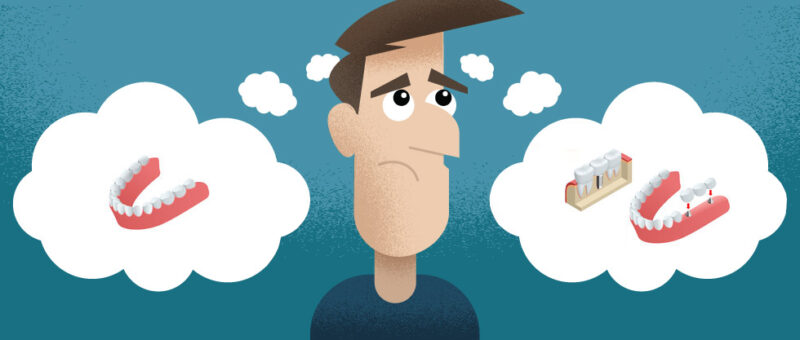What’s causing that jaw clenching and teeth grinding?
 Do you grind your teeth so much that it wakes you or your sleep partner in the middle of the night? Does your face hurt in the morning or at the end of the day because you constantly clench your jaw? If any of this sounds familiar, we have some information to share with you that may help you to understand why this is happening.
Do you grind your teeth so much that it wakes you or your sleep partner in the middle of the night? Does your face hurt in the morning or at the end of the day because you constantly clench your jaw? If any of this sounds familiar, we have some information to share with you that may help you to understand why this is happening.
What causes jaw clenching and teeth grinding?
Although the causes are not always clearly understood, there are many life changes that may lead to teeth grinding or jaw clenching. Here are a few of the commonly known reasons that this repetitive behavior happens:
- You are experiencing and internalizing new or ongoing stressful situations, including high tension at work, worry about finances or difficult relationships.
- You have crooked teeth or uneven dentistry, so your teeth don’t fit together properly. Your body tries to help compensate for your ill-fitting bite by grinding your teeth down to force them to fit together.
- You have a misaligned jaw, either due to genetic reasons or as the result of an accident.
What problems might this create?
Everyone faces moments of high stress and may clench their jaw or even grind their teeth occasionally. When it turns into a habitual type of behavior, however, it may result in a jaw disorder that is commonly referred to as TMJ.
Daily bruxism, the medical name for grinding your teeth, and jaw clenching places an enormous amount of pressure on the TM joint. The ensuing “ripple-down” effect on all the connecting tissue, bone and cartilage may then lead to a host of seemingly unrelated symptoms including:
- Severe headaches or migraines
- Facial muscle spasms
- Aching jaw
- Constant ringing in the ears
- Neck pain
- Back pain
Where can you learn more?
Find out more about the causes and symptoms of TM joint disorders by downloading our free e-book.
If you have any of the symptoms included here, you may want to consider scheduling an appointment with a neuromuscular dentist who is qualified to diagnose and treat TMJ. If your examination shows that you do have a jaw disorder, you and your dentist can discuss the best plan of treatment to help resolve it.



